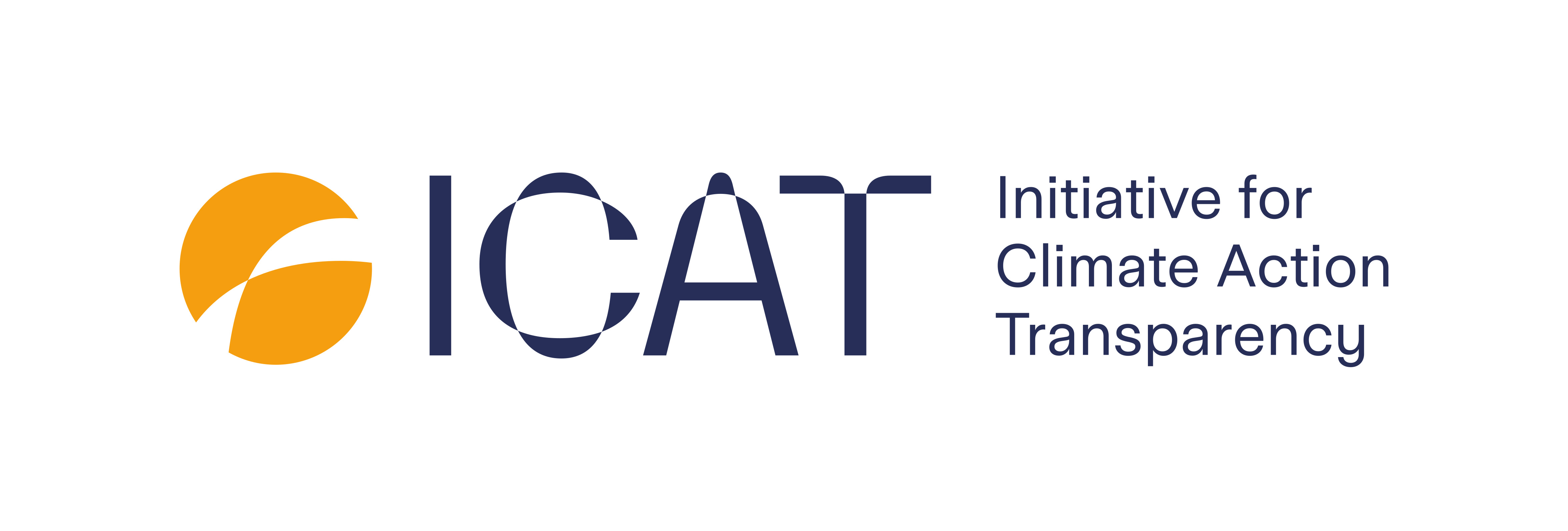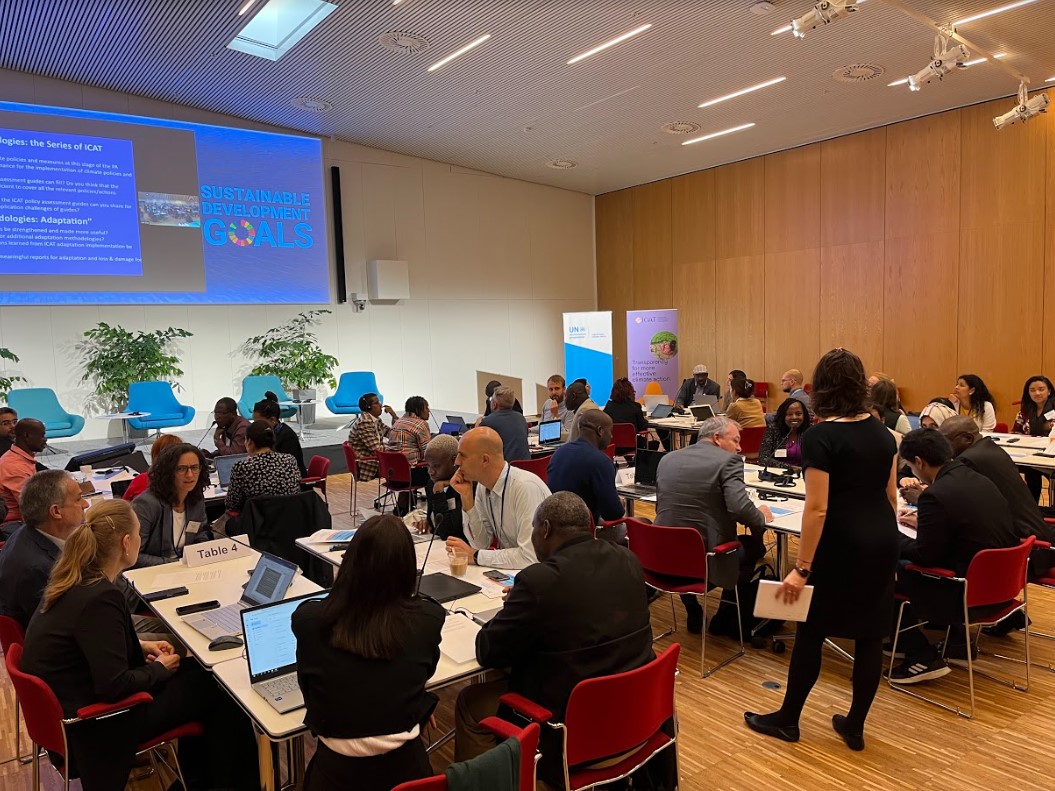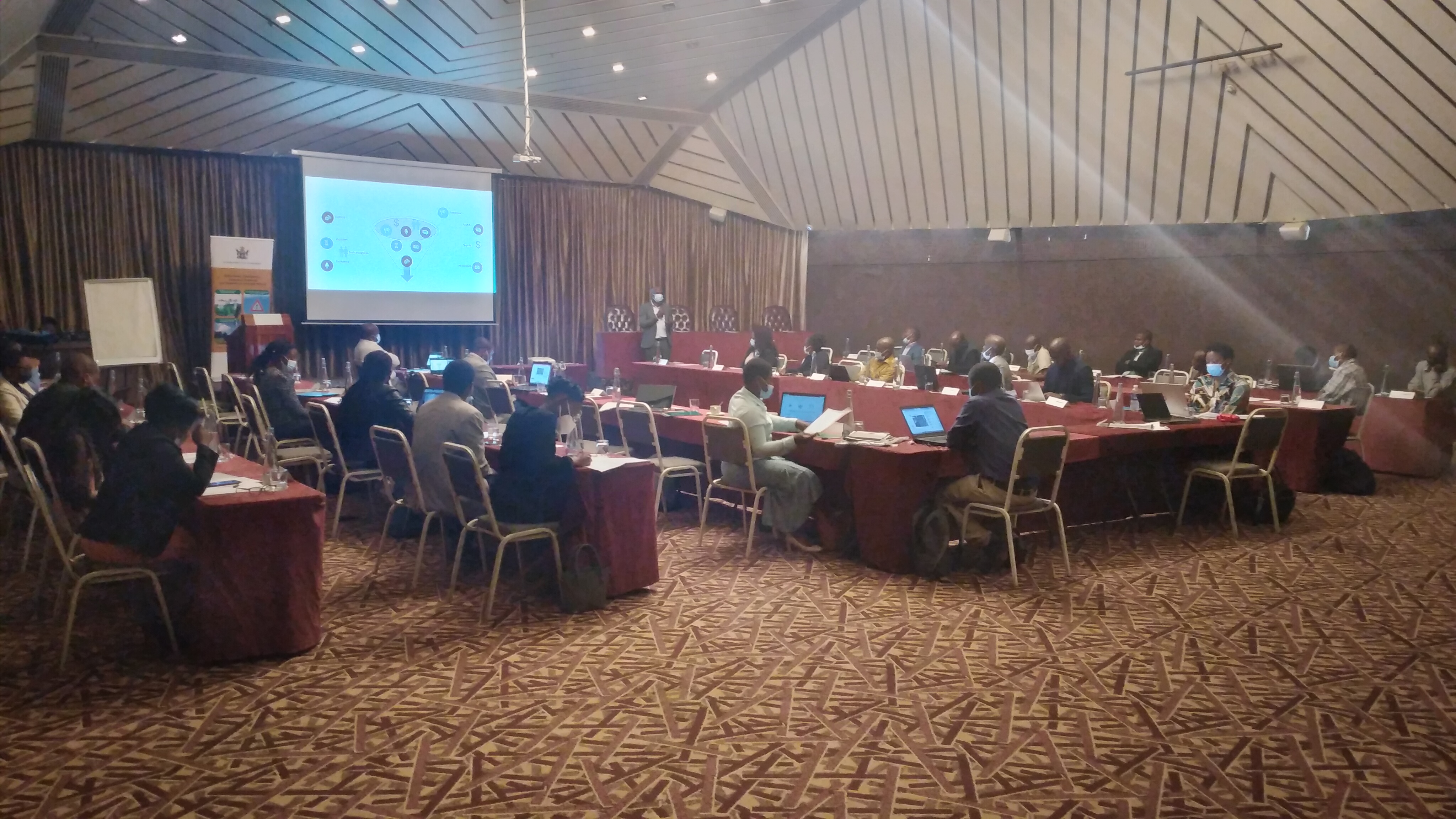The Dominican Republic, a small island developing state in the Caribbean, is considered to be vulnerable to the increasing effects of climate change. At the same time, the country has made good progress on integrating climate change into policy.
Working on transparency and reporting for climate action, the Dominican Republic has worked with and the Initiative for Climate Action Transparency (ICAT) across multiple projects, where UNEP Copenhagen Climate Centre as implementing partner has delivered technical support and expertise:
ICAT’s mitigation support has focused on establishing a national legal framework to guide and underpin monitoring, reporting and verification (MRV), including support for operationalizing the system.
ICAT’s adaptation support is focused on establishing the foundations for a system and methodology for monitoring and evaluation of adaptation measures in the agriculture and tourism sectors.
Mitigation phase I: strengthening the national MRV framework
ICAT and UNEP Copenhagen Climate Centre began working with the Dominican Republic in 2017, with an initial focus on supporting the development of a national institutional framework for MRV of climate actions. This was done in partnership with the Dominican Republic National Council for Climate Change and the Clean Development Mechanism (CNCCMDL), charged with ensuring compliance with climate change commitments.
This first phase of ICAT support led to the development of a national MRV system with a focus on greenhouse gas emissions, mitigation actions, and financing and support.
Further, ICAT and UNEP Copenhagen Climate Centre supported the Dominican Republic to develop a proposal for a legal framework that mandates the establishment of a national transparency system, defining the main roles and responsibilities of the key entities to collect, compile and report data and information.
This was endorsed by the national parliament as Decree 541-20 in October 2020.
For more information on this project, please see an earlier case study published by the ICAT Secretariat in 2020, available here.
Mitigation phase II: improving NDC tracking
Following the success of the first mitigation project, the Dominican Republic requested further support. A second phase of the ICAT project to ensure continuity of the progress made and directly supports implementation of the national MRV system was started.
ICAT continues to work with CNCCMDL to strengthen the capacities of the various entities involved in operating the national MRV system. These efforts have been guided by in-depth analysis and consultations supported by UNEP Copenhagen Climate Centre which helped to identify priority capacity and institutional needs.
Under this second phase of support, the Dominican Republic is using ICAT’s non-state and subnational actions guide to map mitigation actions carried out by municipal actors and the sustainable development assessment guide to define sustainable development indicators for NDCs and SDGs.
Application of these tools will not only help the Dominican Republic to track progress against its NDC but will bring together a range of actors to collectively strengthen climate action transparency.
The activities conducted by ICAT and UNEP Copenhagen Climate Centre have made it possible to visualise how application of the tools could support implementation of the national MRV system and reinforce the national transparency framework. ICAT partners have also identified synergies with other work being conducted on sustainable development in the Dominican Republic and are looking for ways to integrate and align the work of both projects to identify sustainable development co-benefits.
ICAT Adaptation: Monitoring adaptation
Adaptation is a priority area for the Dominican Republic in the efforts to ensure continued development. During implementation of ICAT’s mitigation projects, the Dominican Republic indicated its interest in ICAT’s adaptation project, with a focus on improving monitoring of adaptation actions against its NDC.
In 2019, ICAT and UNEP Copenhagen Climate Centre partnered with CNCCMDL to develop a series of methodological tools to develop a national monitoring and evaluation framework for adaptation actions.
UNEP Copenhagen Climate Centre worked with CNCCMDL, providing technical support, in the first phase focusing on on the agricultural sector due to its importance in both economic growth and food security, and its high vulnerability to the impacts of climate change.
A monitoring and evaluation model for actions taken in the banana sub-sector, including a set of indicators, was developed. A series of basic recommendations have also been developed to guide data collection and use.
Under a second phase of support a new mixed approach has been developed that integrates “bottom up” and “top-down” approaches to enable national level monitoring and evaluation of adaptation strategies and policies. The focus area for the support has also been broadened to identify indicators for the agriculture and tourism sectors.
This second phase of ICAT’s adaptation work in the Dominican Republic is helping to increase awareness on climate action transparency across a range of stakeholders. This is particularly important for those stakeholders that have traditionally had less exposure to climate change and climate action, for example the Ministry of Tourism.






